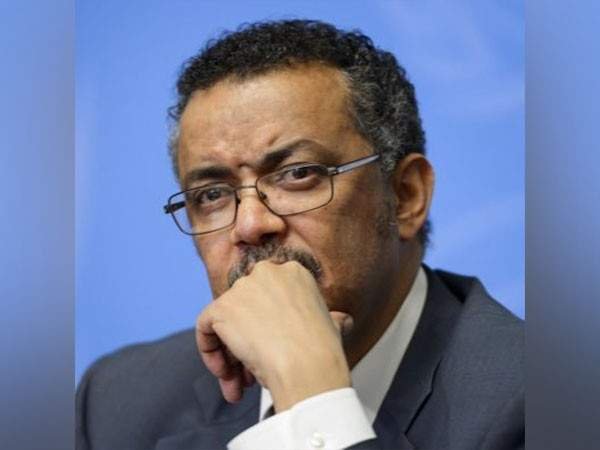WHO Director-General Welcomes Constructive Engagement
Dr. Tedros Adhanom Ghebreyesus, the head of the World Health Organization (WHO), expressed a desire for constructive dialogue with the U.S. government following President Donald Trump’s decision to withdraw from the organization. In a speech to the WHO’s executive board, Dr. Tedros described the executive order issued on January 20 as regrettable and urged the U.S. to reconsider its stance. He emphasized the importance of maintaining and strengthening the historic relationship between the WHO and the United States.
Reforms and Funding Concerns
In response to U.S. criticisms regarding its financial contributions, Dr. Tedros highlighted the extensive reforms the WHO has undertaken over the past seven years. He noted that the U.S. is the largest donor to the organization, contributing approximately 14% of its $6.9 billion budget. Addressing concerns about the U.S. paying more than other countries, he stated that diversifying the donor base is a critical part of the WHO’s long-term strategy.
Defending WHO’s COVID-19 Response
Dr. Tedros firmly rejected accusations that the WHO mishandled the COVID-19 pandemic. He recounted the organization’s swift actions upon detecting the first signals of a viral pneumonia outbreak in Wuhan, China. He stated that the WHO activated its emergency management system, alerted the global community, and provided comprehensive guidance to countries before the first reported death from the virus.
Impartiality and Political Influence
Addressing concerns about political influence, Dr. Tedros asserted that the WHO remains impartial and dedicated to serving all member states. He acknowledged the requests from member countries but emphasized that the organization would not compromise its mission or scientific integrity.
Gender-Based Violence and Rights Violations
Alarming Statistics on Violence Against Women
At a recent session of the Committee on the Elimination of Discrimination Against Women (CEDAW) in Geneva, Andrea Ori from the UN human rights office reported that approximately one in three women experiences physical or sexual violence. Furthermore, 800 women and girls die daily from preventable causes related to pregnancy and childbirth. Ori highlighted that the world is still far from achieving gender parity and that a backlash against women’s rights is evident.
Backlash Against Women’s Rights
Ori pointed out that there is a growing backlash against women’s human rights, particularly concerning sexual and reproductive health rights. This includes increased attacks on abortion providers, shrinking civic space for women human rights defenders, and reduced funding for women’s rights initiatives. As the 30th anniversary of the Beijing Declaration approaches in 2025, the need for renewed commitment to gender equality remains critical.
Ongoing Challenges in Gender Equality
Despite progress, sexual violence against women continues to be used as a tactic in conflicts worldwide. Currently, only 26% of parliamentarians globally are women, and around 30% of managerial roles in the workforce are held by women, indicating significant gaps in gender representation and equality.
WHO Urges Nordic Countries to Maintain Alcohol Regulations
Call for Continued Alcohol Sales Restrictions
The WHO has urged Nordic countries to uphold their strict alcohol sales regulations to prevent a reversal of the positive impacts achieved over the years. Countries like Finland, Iceland, Norway, Sweden, and the Faroe Islands have historically restricted the sale of stronger alcoholic beverages, resulting in some of the lowest alcohol consumption levels in the European Union.
Risks of Privatization and Legislative Changes
However, the WHO warns that recent legislative initiatives in the region could threaten these regulations. For example, a court in Sweden is currently reviewing a challenge to the government’s exclusive rights to online alcohol sales, while proposed laws may allow the sale of alcoholic beverages in farm shops. Dr. Carina Ferreira-Borges from the WHO cautioned that these changes could undermine the effectiveness of the Nordic model.
Impact of Alcohol Control Policies
Dr. Ferreira-Borges emphasized that the Nordic countries’ alcohol control measures, which include increasing taxes, raising prices, limiting availability, and restricting advertising, have significantly reduced alcohol-related harms. These harms encompass a range of health issues, including liver disease, cancers, cardiovascular conditions, injuries, and drownings.
Conclusion
The WHO’s calls for dialogue with the U.S. and its emphasis on gender equality and alcohol regulation highlight the organization’s commitment to global health and human rights. As the world grapples with these pressing issues, the need for collaboration and adherence to established health policies remains paramount.








